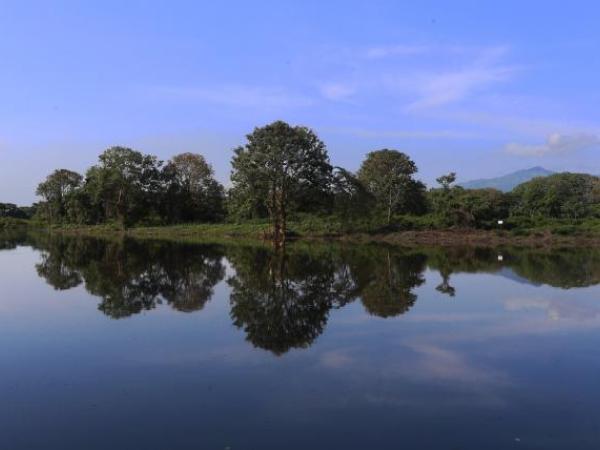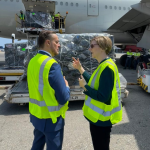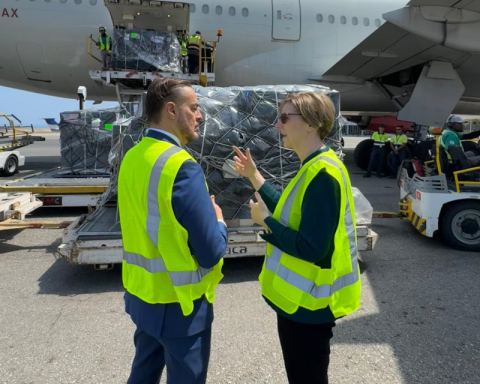The president of Colombia, Ivan Duke, announced this Friday that the 30% of the national territory of his country will be declared a protected area before the end of his mandate next August.
“We have set our goal: 30% of the Colombian marine and surface territory will be a protected area before the end of my government on August 7 of this year.“, he said while participating in a ceremony with which Ecuador inaugurated, this January 14, a new marine reserve around the Galapagos.
(See: The commitment to ecological tourism in the Amazon: what is found).
The Colombian president expressed that with this announcement his country will advance to one of the goals set in the Sustainable Development Goals (SDG).
“We are going to anticipate the goal of 2030 8 years, and we will do it in 2022, the year of ecological conservation“, he riveted.
The new reserve that was made official this Friday with the signing of an executive agreement by the Ecuadorian president, Guillermo Lasso, establishes a marine corridor between the Galapagos and the Costa Rican island of Coconut, known as the ‘migravía’ for being a place of passage for dozens of protected species.
(See: Alquería’s work in protecting the environment).
At the COP26 climate summit in Glasgow (United Kingdom), held in November 2021, the presidents of Colombia, Ecuador, Panama and Costa Rica signed an agreement for the protection of the corridor and advanced the establishment of an area of tens of thousands of square kilometers to conserve unique species in the Eastern Tropical Pacific.
“For us, having made that statement represented a message to the world: The largest marine protected area on the entire planet“, assured Duke at the ceremony.
(See: They agree to delimit Santurbán to allow ancestral mining).
He also praised the decision taken by Lasso which, according to him, shows that “while we are still trying to reach agreements, we have already reached an unprecedented agreement with four countries in this region“.
The Colombian leader insisted that protect marine areas not only involves ensuring that they are not subjected to exploitation, but “ensure the survival of more than 40% of marine species worldwide“.
EFE


















